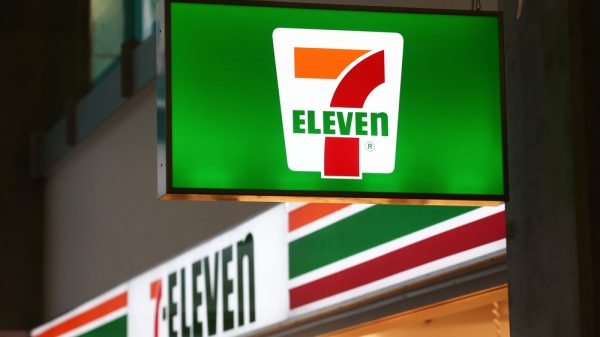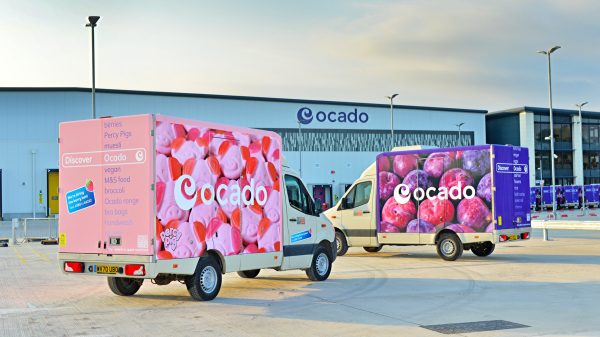Dole Sunshine Company has launched a campaign calling attention to snacks with low nutritional value by printing ads in ink made mostly using fruit.
The Malnutrition Labels: Nutritional Ink campaign will see posters printed across London containing ink with more nutritional value than many on-the-go fast food or confectionary products.
Testing for the ink, which is created from food waste and scraps, was led by food scientists looking to create optimal colours and nutritional formulation able to be printed.
Created in partnership with advertising agency, St. Luke’s Communications and design agency, Bompas & Parr, the initiative looks to spark conversation and action on the nutritional value of food and promote food waste reduction.
As part of its campaign, the fruit and veg producer has also donated products to food waste charity, FareShare.
“Too often we see consumers making poor choices, but the responsibility needs to shift to industry and government to ensure access to proper nutrition,” Dole Packaged Food & Beverages Group president, Pier Luigi Sigismondi said.
“Nutritional Ink is designed to spark thought provoking conversations and hopefully, inspire actions that drive the systemic change that our food system so desperately needs. A small amount of distilled fruit may contain more good nutrients than some popular snacks.
“This campaign is about building consumer advocacy for access to more healthy food options that provide the necessary nutrients for a healthy and sustainable lifestyle.”
Bompas & Parr Studio added: “The creative research and development process in creating a cutting-edge culinary innovation like nutritional ink has been a fascinating one.
“From carefully balancing the ingredients to create vibrant colours, to modifying the textures to ensure they were compatible with screen printing techniques, we managed to show that a traditional chemical-based process can be re-produced in a sustainable plant-based way, with actual nutritional value, as well.”









